The Universe and Human Stupidity
Edited: Sunday, 9 February 2020
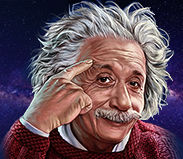 Albert Einstein improved greatly our understanding of the universe. He remarked once (Source: Frederick S. Perls):
Albert Einstein improved greatly our understanding of the universe. He remarked once (Source: Frederick S. Perls):
“Only two things are infinite, the universe and human stupidity, and I’m not sure about the former.”
It seems to me that he improved our understanding also of human stupidity by proposing a repulsive force that would just balance the effect of gravity in intergalactic space. After the discovery that the universe is expanding, he called his proposal "the biggest blunder of my life" (Source: George Gamow).
In spite of Isaac Newton's theory of gravity as an omnipresent contracting force, a static view of the universe had become generally adopted among scientists. When he proposed a perfectly balanced universe and rejected early criticism from Alexander Friedmann, Albert Einstein confirmed the truth of Schopenhauer's remark that "There is no opinion however absurd, which men will not readily embrace as soon as they can be brought to the conviction that it is generally adopted".
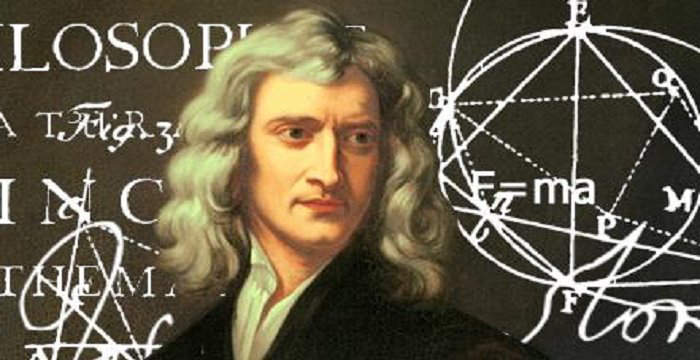
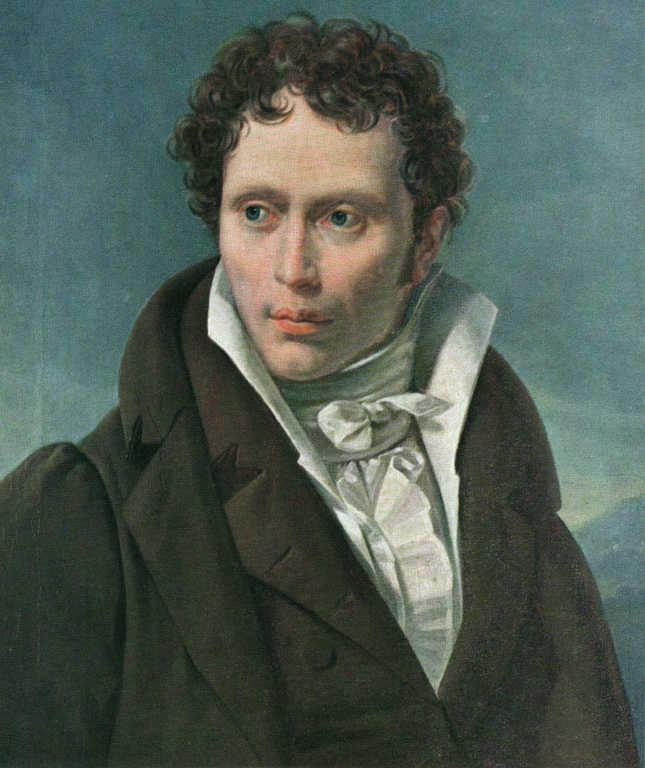
An apparent acceleration in the expansion of the universe was discovered in 1998. Einstein's repulsive force became then quickly embraced by scientists. It was for them the simplest explanation of data in line with the idea about an initial "push" overcoming gravity and called "the Big Bang". While another explanation of the apparent acceleration is better in view of Occam's Razor, it has been ignored long enough. Here is a brief description.



Before the 1998 discovery, a continuous wave perspective on time was proposed by me. It predicted the apparent acceleration of the cosmic expansion, and a paper was sent to Nature and other publishers. Rejected as too speculative and rewritten, the resulting "Wave Theory of Time" (WTT) became published with quite a delay first by the Swedish Mathematical Society (SMS) in the autumn of the International Year of Astronomy 2009 and later by the STAR society at the old Observatory in Stockholm. Both SMS and STAR published also a text written by me as a tribute to Stephen Hawking after his death 2017.03.14 precisely on Pi Day.
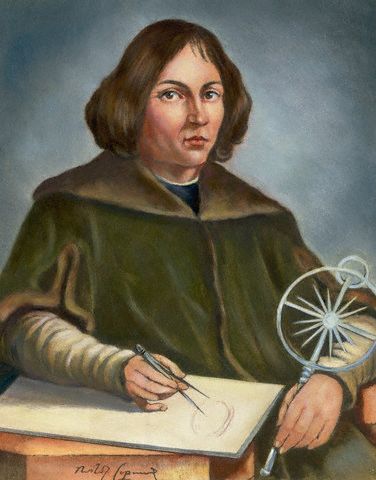 According to WTT, the Big Bang beginning of the on-going expansion of the universe is merely a zero-crossing point of a continuous wave in which subsequent half-cycles have opposite directions of a varying time measure. Besides predicting the apparent acceleration of the cosmic expansion and the magnitude of the cosmological constant so that the generally adopted assumption of Einstein´s repulsive force becomes unnecessary, WTT makes the so-called big number coincidences derivable. The continuous wave perspective on time is as crucial for these achievements as the Copernican perspective on space was for Newton's explanation of the solar system.
According to WTT, the Big Bang beginning of the on-going expansion of the universe is merely a zero-crossing point of a continuous wave in which subsequent half-cycles have opposite directions of a varying time measure. Besides predicting the apparent acceleration of the cosmic expansion and the magnitude of the cosmological constant so that the generally adopted assumption of Einstein´s repulsive force becomes unnecessary, WTT makes the so-called big number coincidences derivable. The continuous wave perspective on time is as crucial for these achievements as the Copernican perspective on space was for Newton's explanation of the solar system.
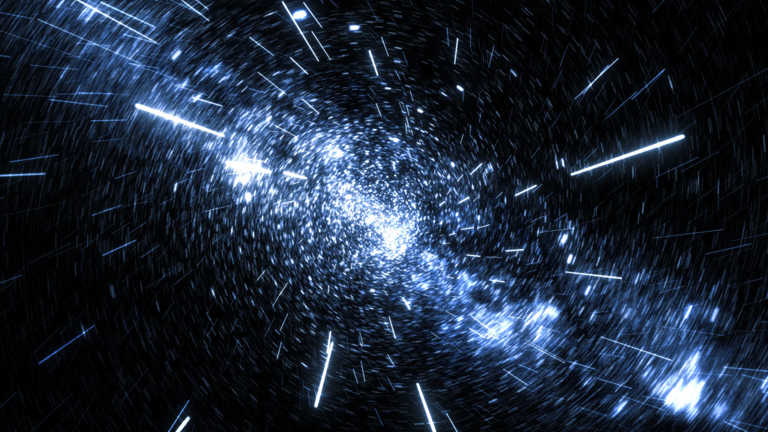 It is of interest here to note that a cosmological model in which the direction of time is changed at an expansion peak was once proposed by Stephen Hawking who referred later to that as a big mistake. In the light of history, Einstein's remark about human stupidity is applicable to authorities in science as well as to independent researchers like me who challenge the scientific community. And it can one day be seen as applicable to those who now believe in the physical existence of "dark energy" as the origin of a force that counteracts gravity and as a dominating phenomenon in the universe.
It is of interest here to note that a cosmological model in which the direction of time is changed at an expansion peak was once proposed by Stephen Hawking who referred later to that as a big mistake. In the light of history, Einstein's remark about human stupidity is applicable to authorities in science as well as to independent researchers like me who challenge the scientific community. And it can one day be seen as applicable to those who now believe in the physical existence of "dark energy" as the origin of a force that counteracts gravity and as a dominating phenomenon in the universe.
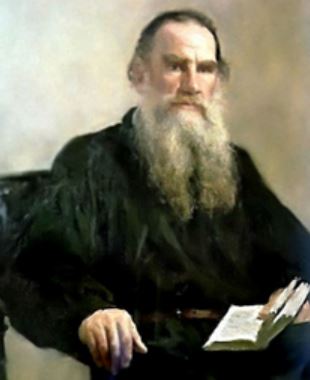 Leo Tolstoy made this remark:
Leo Tolstoy made this remark:
"I know that most men — not only those considered clever but even those who are very clever and capable of understanding most difficult scientific, mathematical, or philosophic, problems — can seldom discern even the simplest and most obvious truth if it obliges them to admit the falsity of conclusions they have formed, perhaps with much difficulty — conclusions of which they are proud, which they have taught to others, and on which they have built their lives."
The following lines are enlightening. They originate from the Royal Swedish Academy of Sciences (Source: The Nobel Prize Organization).

"So what is it that is speeding up the Universe? It is called dark energy and is a challenge for physics, a riddle that no one has managed to solve yet. Several ideas have been proposed. The simplest is to reintroduce Einstein’s cosmological constant, which he once rejected. At that time, he inserted the cosmological constant as an anti-gravitational force to counter the gravitational force of matter and thus create a static Universe. Today, the cosmological constant instead appears to make the expansion of the Universe to accelerate.
The cosmological constant is, of course, constant, and as such does not change over time. So dark energy becomes dominant when matter, and thus its gravity, gets diluted due to the expansion of the Universe over billions of years. According to scientists, that would account for why the cosmological constant entered the scene so late in the history of the Universe, only five to six billion years ago. At about that time, the gravitational force of matter had weakened enough in relation to the cosmological constant. Until then, the expansion of the Universe had been decelerating.
The cosmological constant could have its source in the vacuum, empty space that, according to quantum physics, is never completely empty. Instead, the vacuum is a bubbling quantum soup where virtual particles of matter and antimatter pop in and out of existence and give rise to energy. However, the simplest estimation for the amount of dark energy does not correspond at all to the amount that has been measured in space, which is about 10 exp 120 times larger (1 followed by 120 zeros). This constitutes a gigantic and still unexplained gap between theory and observation – on all the beaches of the world there are no more than 10 exp 20 (1 followed by 20 zeros) grains of sand."

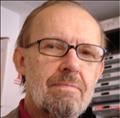

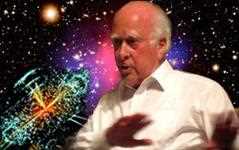
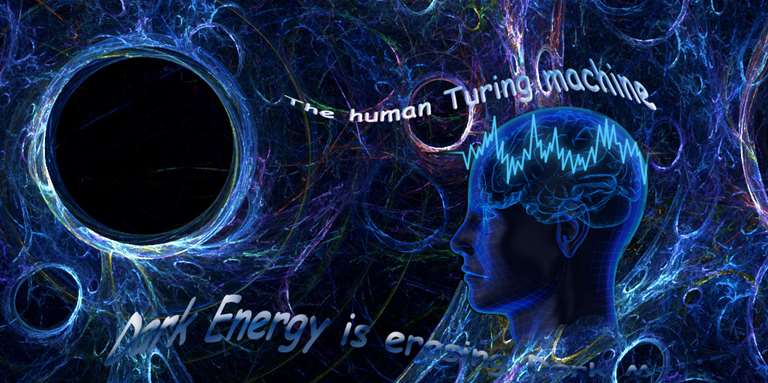





The Universe and Human Stupidity
Edited: Sunday, 9 February 2020
Comments